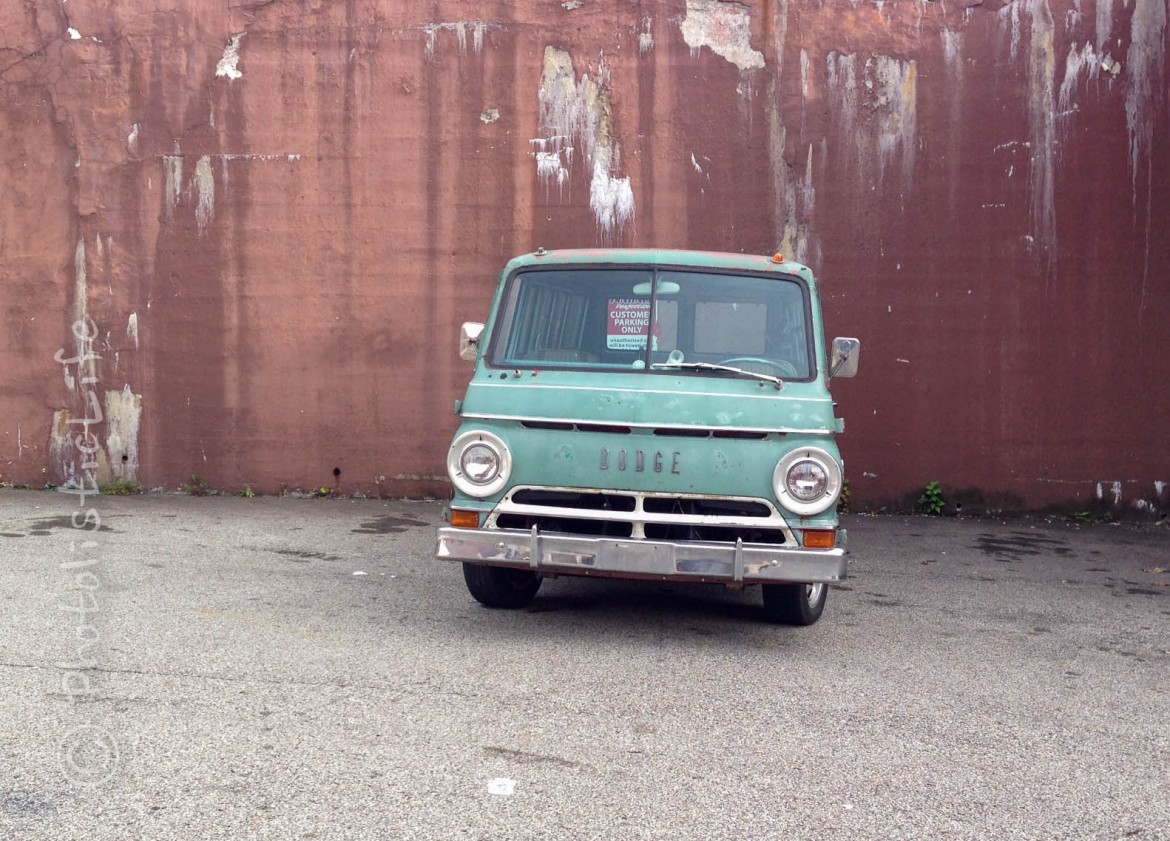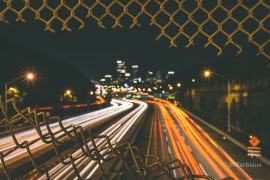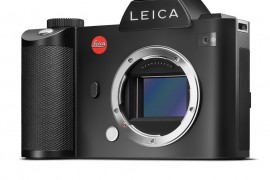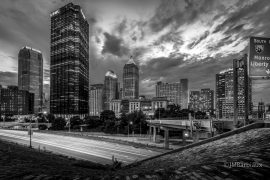As Photographers and enthusiasts we are constantly looking for motivation and ways to think outside of the box. We give ourselves challenges and objectives in order to stretch our creative legs and capture the elusive “perfect” shot. As we grow as photographers we tend to fall into certain “classes” of photographer. We are either nature photographers, portrait photographers, landscape photographers, abstract photographers, and so on. I would argue these are actually subclasses of two larger classes of photographer. I believe the two main classes of photographer are Natural and Stage. There can be combinations of the two but a photographer tends to prefer one way or the other.
The natural photographer photographs things in their natural state with little to no alteration in lighting and/or positioning. If they do alter the lighting they prefer to use a reflection of natural light rather than the bulb of a flash. The natural photographer tries to alter the balance of reality and art towards the realm of reality, meaning they want their end image to look as close as possible to what it looks like to the human eye. Think of the natural photographer as the non-invasive surgery, they go in without having to move things around too much and get out without leaving much of a trace. Natural photography is difficult, it forces you to move around and try to frame your subject against possibly distracting elements within the same frame (since you are unable to move the subject and set it up in an ideal location). This in and of itself is an art form. It takes a lot of skill to be able to walk into a scene and pull the exact image you see in your mind’s eye, without moving the subject, from the sensory overload that is sometimes present. That’s it though, the primary difference between Stage and Natural photographers is their desire, or lack there of, to move their subject into more flattering lighting, more dramatic background, or away from distractions.
Stage photographers are not actors in a play or photographers that enjoy taking pictures of stages at play houses. The Stage photographer is the guy or girl who likes to take their subject from its surrounding and stage it in a way that makes it more interesting or better lit. The stage photographer is the person with five different types of flashes in their camera bag and possibly even a backdrop of some sort. If you prefer to shoot your subjects in a studio lamps and lights galore then you would be considered a stage photographer. Stage photographers can also be portrait photographers, product photographers, or even nature photographers. Think of the stage photographer as the full-blown surgery, they go in and cut out the things that don’t belong and move things into the perfect place for the perfect picture.
In the end you can be one or the other, or a healthy mix of the two, but you will probably prefer one over the other. If you feel as though you strongly fall under the classification of either one then I highly recommend you try the other. It’s important that photographers are well-rounded and have knowledge of all the different techniques and styles. If you really want to challenge yourself, pick the one that you don’t normally do and do it for a month. I fall under the natural nature photographer, natural being the class and nature being the subclass. I enjoy photographing things in their natural environments and with the natural light that is available. The challenge of isolating my subject, whether it’s a tractor in a barn or an old car on the side of the street, is what gets me excited about photography. If you are a stage photographer you could be a stage nature photographer and drive the tractor from the barn to someplace else so that the sun hits it just right or use some off camera lights to open all the shadows up and get the precise shot you’re going for.
Natural Photographer
- Less gear (you’re not using flashes or backdrops)
- Need faster lenses (since you are not using flashes you need to be able to open your aperture way up in poor lighting)
- More planning (light is important, you’ll need to think about what you’re photographing and when the light is best)
- Less time is needed when in the field (you’ll avoid setting up off camera flashes and backdrops)
- More trial and error finding the right angle to eliminate the distractions that may be close to you subject
- No control over your subjects position, if you want to change the direction you’ll have to move around the subject
- If you’re photographing people you’ll opt for outdoors or someplace in their element instead of a studio
Stage Photographer
- More gear (you need a flash or three for the correct lighting)
- Possibly a studio (you’ll be able to position things in perfect lighting to get your ideal shot
- Less planning (if it gets to dark you can light up your subject)
- More time in the field (if you find something interesting you may want to take the time to stage it with a few other things in the “perfect” lighting before taking the shot, being sure to eliminate any distracting objects)
- Possibly less trial and error since your lighting will be predetermined by your gear set up
- More control over your subject and it’s positioning
- When photographing people you’ll prefer them coming to your studio so you can make sure the lighting is just right and control their background
Take some time to think about what type of photographer you tend to be and try to branch out and try the other technique. Neither type is the “right way” or “wrong way” to photograph, what is important is that you’re loving what you’re doing. Enjoy.








good Article, Johnny. Definitely a naturla photographer. I don’t even own a flash.
Thanks, I tend to shoot natural as well. I like the challenge and it lets me travel light.
No flash!? That is impressive. I like to have one just in case.